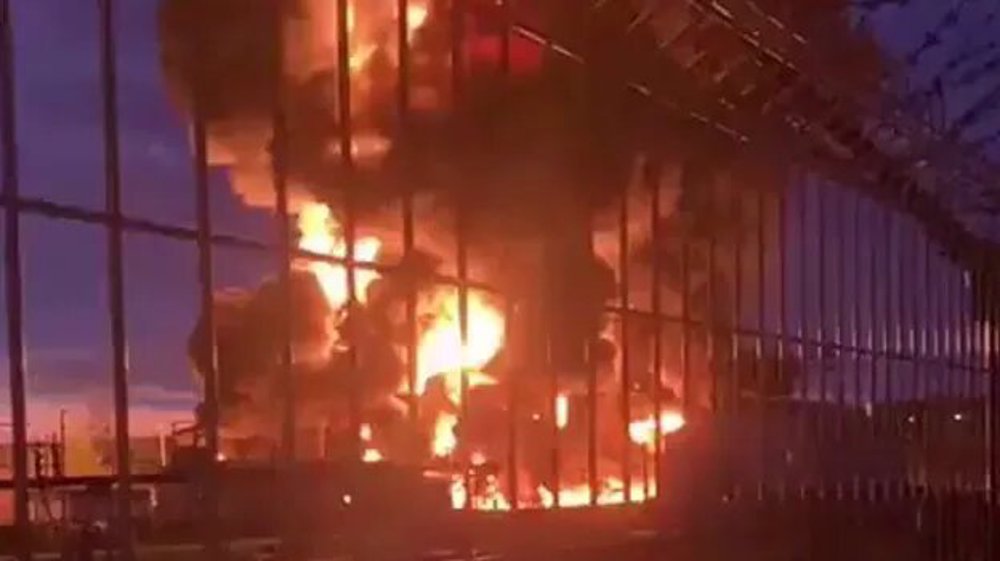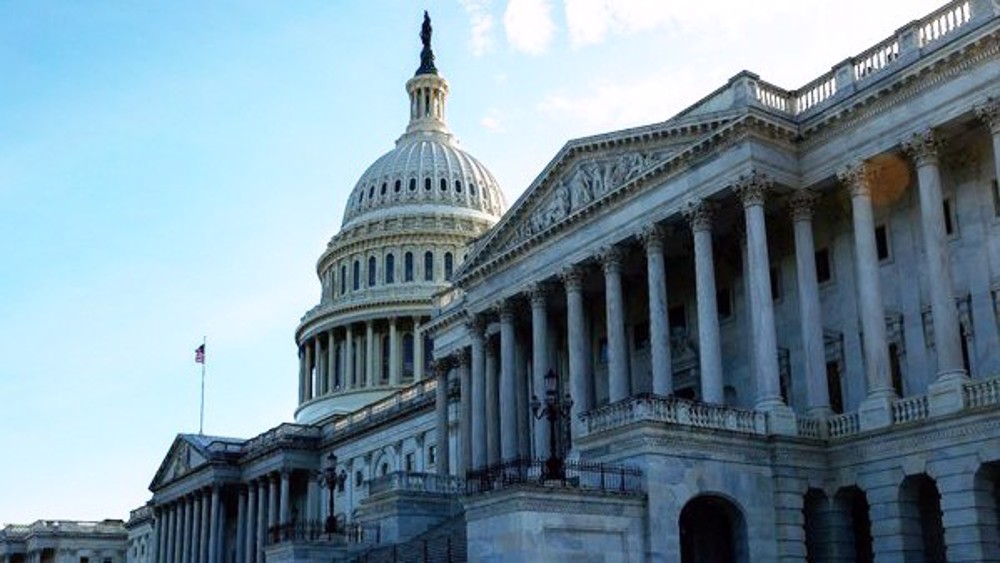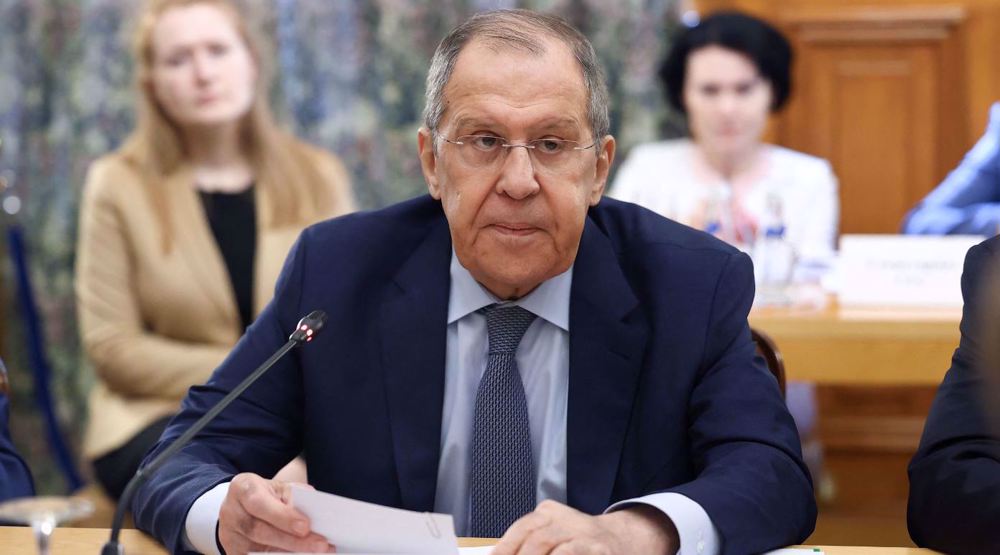Serbs in Bosnia and Herzegovina hold banned vote
The Serb minority in Bosnia and Herzegovina have gone ahead with a referendum over a disputed national holiday, defying a ruling by the country’s highest court against staging the vote.
Polling stations opened in the Republika Srpska, the Serb Republic inside Bosnia and Herzegovina, on Sunday at 0700 am local time (0500 GMT) and will close at 1900 (1700 GMT).
The organizers of the vote said the first preliminary results will be announced by Tuesday.
The referendum is to determine how many of the 1 million Bosnian Serbs — less than one-third of the country’s population — support naming January 9 as “Statehood Day.”
The country’s highest court, the Constitutional Court, has ruled the vote illegal because the date coincides with a Serbian Orthodox Christian holiday and discriminates against Bosnian Muslims and Catholic Croats in the the Republika Srpska, who make up the majority of the 3.5-million-strong population of Bosnia and Herzegovina.

Observers say that by defying the court ruling, Bosnian Serbs, led by Milorad Dodik, the president of Republika Srpska, are aiming to weaken the legitimacy of the central government and pave the way for a potential vote on secession.
January 9, 1992 marks the day when Bosnian Serbs declared separation from Bosnia and Herzegovina, triggering a bloody three-year war infamous for its mass ethnic killings and persecution of Bosnian Muslims and Croats by Serbs.
In July 1995, Serbian death squads butchered over 8,000 Muslim Bosnian boys and men in Srebrenica in a few days, in the worst atrocity in Europe since World War II.
Former Bosnian Serb political leader Radovan Karadzic was convicted of war crimes for his role in the Srebrenica killings, considered genocide by the UN-backed criminal tribunal for the former Yugoslavia. He was sentenced to 40 years in prison.
Gaza faces imminent famine as people starving to death: UN warns
North Korea to stand up to sanctions, bolster military power: Official
Hezbollah says 2,000 Israeli forces killed, injured in operations since Gaza war began
War of wills: Iran army chief vows crushing response to any aggression
April 24: ‘Axis of Resistance’ operations against Israeli occupation
Tabas sand defeats US military
'US secretly sent long-range ATACMS missiles to Ukraine in recent weeks'
Iran: Awakened world public opinion determined to stop Israel war crimes













 This makes it easy to access the Press TV website
This makes it easy to access the Press TV website